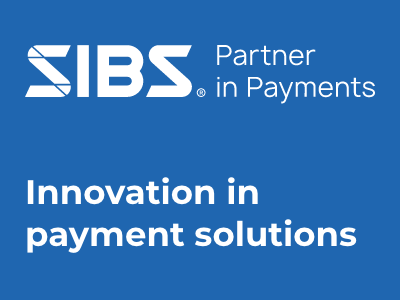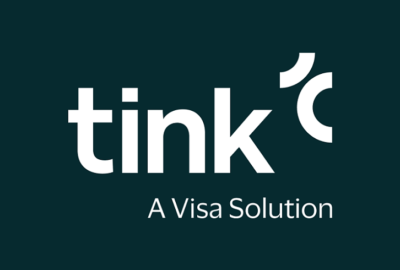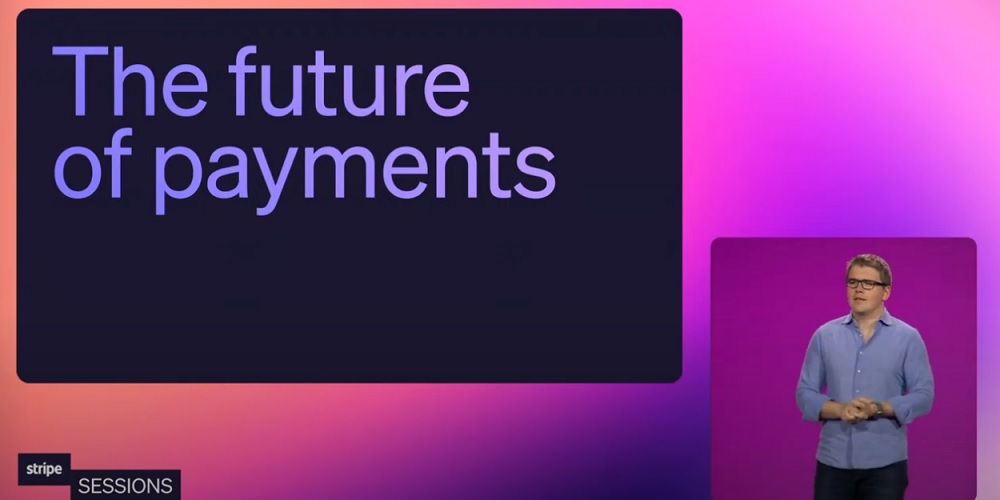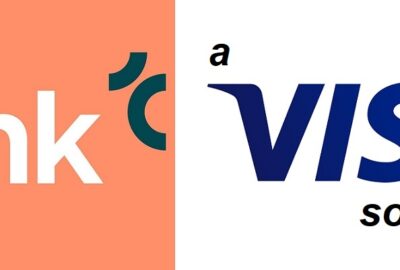Citi research: Bitcoin could be impactful in emerging markets where payments systems are not as developed
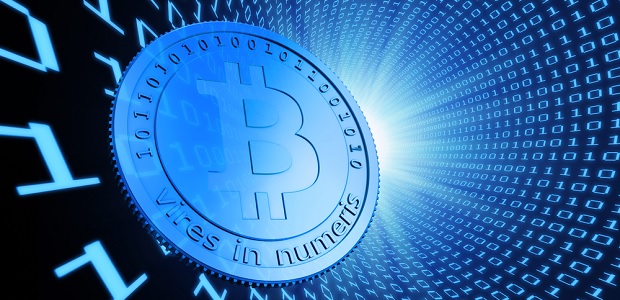
A new research report by Citi Research asserts that bitcoin and other digital currencies should not be viewed as a disruptive threat to banks, credit card networks or traditional remittance providers, but rather as a potential complement to existing services.
Bitcoin is essentially a successful proof-of-concept of a digital currency, states the report. Comparing a decentralized network like bitcoin to centralized networks like, well, like the entire existing global financial infrastructure, the report concludes that the centralized networks work as well as, if not better than, bitcoin.
“Domestic payment systems today are centralized,” the report says, “and provide the customer a relatively good experience.”
A “relatively good experience” has been a problem for bitcoin for several years now. The vast majority of consumers, certainly in the developed world, simply don’t care about the benefits of decentralization and anonymity. What they would value is a clean, easy-to-use product, and nobody in the bitcoin industry has yet to build the proverbial “killer app” that meets that goal (with one or two possible exceptions, see below). Bitcoin has excited cryptoanarchists, tecchies, entrepreneuers, and Wall Street – and in the wake of the Brexit selloff has been touted as the new gold, essentially – but it has had limited luck in cracking the consumer market.
Still, Citi does see opportunity in using a public blockchain.
The report reads: „The power behind an open network like bitcoin is the possibility of incorporating it with other technologies to bring about true innovation, such as applications that support the Internet of Things (eg machine-to-machine payments).”
Notably, the report found bitcoin and digital currencies could be impactful in emerging markets, where payments systems are not as developed.
„In countries where there is no quality payments infrastructure, we do think there could be some opportunity for an open decentralized network like bitcoin,” the report states.
Elsewhere, the report sought to apply a critical eye in determining whether bitcoin’s characteristics have benefits for payments. For example, the authors stated that they don’t necessarily believe immutability, or the incorruptibility of bitcoin’s blockchain, is well-suited for money movement.
The report went on to mention a number of specific blockchain and bitcoin startups, while providing overviews digital currency and blockchain networks including Ripple, bitcoin and ethereum.
TranserWise advantage
In remittances, long claimed as one of the biggest areas of impact by enthusiasts, the report found that the UK-based money transfer service TransferWise remains cheaper to use for cross-border payments today.
Of note, however, is that the report graded bitcoin against account-to-account remittance option and TransferWise in 10 remittance corridors, finding that it was only the lowest-cost option in one corridor, money transfers from the US to New Zealand.
In outbound corridors from the US, bitcoin was found to be cheaper than account-to-account options only in US-to-China transfers.
The report estimated fees on these transactions at 3.86% for account-to-account transactions and 3.38% on bitcoin transfers. By contract, fees for TransferWise payments cost just 1.48%.
Bitcoin costs are corridor dependent, but generally there are cheaper options

The researchers also pointed to the high cost of converting bitcoin into fiat currency and the low liquidity in existing markets as challenges it believes the system will need to overcome.
Larger critiques
More broadly, the report sought to challenge popularly held conceptions about the bitcoin network, including its use in existing financial business models.
„We believe an open network like bitcoin combined with mobile, machine learning, big data and the Internet of Things has the potential to create radically new models,” the report reads.
Citi, for instance, said there is a „misperception” that bitcoin provides a system for frictionless transactions, while disputing that running payments through its blockchain would continue to be low-cost long term.
„Since the network incurs substantial energy-related costs due to proof-of-work, we believe that these costs will eventually be borne by the users through high transaction fees, which will make it more expensive than centralized networks,” the report contends.
In other areas such as speed, scalability and resiliency, the report argued bitcoin and digital currencies don’t necessarily have advantages.
It went on to call payment systems “resilient”, while questioning that bitcoin’s network could scale to support a larger number of transactions.
The Citi team does see potential for bitcoin, and goes so far as to point to three startups it finds compelling: Circle, BitPesa, and Abra. Circle is building a payments app that looks like a social network, Abra is building one that’s aiming at financial inclusion, and BitPesa – which started out focused on remittances – is now focused on building a business-to-business payments network. Citi acknowledges that the area of financial inclusion is probably where the best opportunity lies for bitcoin and its ilk, “markets with limited access to traditional financial services due to cost and reach.”
Where else does bitcoin and its model represent a significant threat to the banks? “We do view a central-bank issued digital currency as a significant threat to the banks’ central role in payments,” they write. “But this seems to be a very long tail risk.”
Source: coindesk.com & wsj.com
Anders Olofsson – former Head of Payments Finastra
Banking 4.0 – „how was the experience for you”
„So many people are coming here to Bucharest, people that I see and interact on linkedin and now I get the change to meet them in person. It was like being to the Football World Cup but this was the World Cup on linkedin in payments and open banking.”
Many more interesting quotes in the video below:
